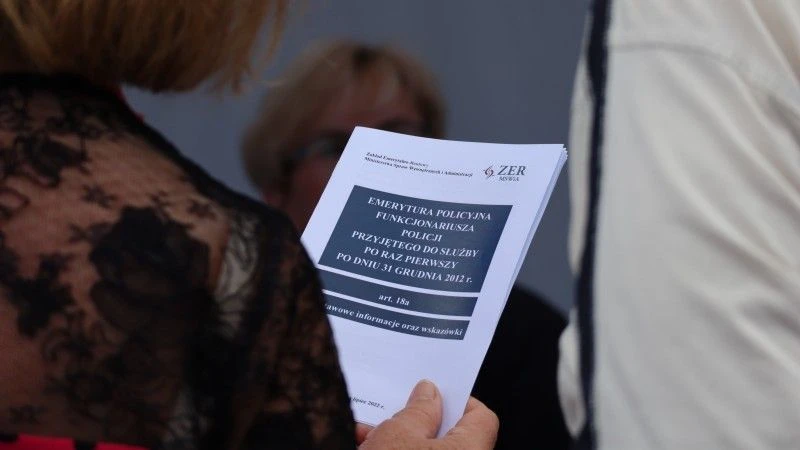One of the people in the Alexandrowska Citadel was Felix Dzierżyński. However, I will not compose about his stay only in this prison, but I will urge a large book on Felix to you today. First of all, she charmed me with the form and lightness of the author's pen. You read this book with 1 breath, despite over 300 pages. The hero himself is portrayed here as a form of a socialist missionary devoted to a origin without rest, a loving brother and father, and a woman’s heartbreaker.
The book is entitled “Dzerzynski. Love and Revolution” by Sylwi Frolov. The 2014 edition of Krakow Publishing home technological Mark Horizon. Hardcover book, 351 pages. It begins with the subject “I am beginning to love humanity like Marat: in order to make the smallest part of it happy, I would most likely be ready to kill the remainder with fire and sword” said Wissarion Bielański 1841, this thought is simply a very accurate description of the full revolution. The book contains 29 chapters divided into 2 Polish and Russian periods, illustrated by black and white illustrations. The full is preceded by an introduction with a very meaningful title “How many myths in a myth. Introduction’. Volume ends with a short post script called “Hi, Felek”, followed by thanks, footnotes, an index of names and sources of illustrations. The book was besides published in the form of an e-book available on woblink.com, while in printed format it is very hard to buy. It's worth reading.
In the introduction, the author first describes the imagination of Dzierżynski's interrogation after Lenin's murder, which we know never happened. It undermines the credibility of another books dealing with the subject. Finally, she describes what pushed her to deal with specified a subject of the book.
The introduction follows the 12th chapters of the Polish period, in which the author tells about the household ties of the future check commander, his stays not only on citadels, but besides in another prisons and in Siberia, his contacts with another PPS-men, the Polish period ending the outbreak of the revolution.
The Russian period covers chapters XIV to XXIX. So it's more extensive. He begins it with a second and 3rd socialist revolution and a description of Lenin's views, in order to later decision on to Dzierżyński's past already as the chief of checkers. Here, too, the communicative depicting Felix during the Polish period as an perfect changes and presents him as a mindless spreading panic machine, although inactive looking only towards Lenin. The Russian period ends with the death of Dzierżynski.
In p.s. the author describes the life of the widow and orphan boy Dzierżyński, who until the 1940s reside in the Kremlin, along with another communist families. The minute the cream becomes a museum, they gotta move. In Poland Dzierżyński from the pre-war red executioner turns into a knight of the revolution, so his cult grows. In Russia, the cult of Felix is besides seen today.
In my opinion, the book is worth reading due to the fact that it deals with the comprehensive presentation of the form of Dzierżynski. She's not so much a laurel as a subject from a different angle. another books telling the communicative of Dzierżyński like to focus on 1 aspect of his activity, and this cross-sectionally tells about Felix from an early age. A large thank you to the author for being 1 of my favourite historical figures from this fresh history, as well as the character of an Austrian watercolorist.
I did not become a Communist erstwhile I read this book, although Felix's youthful zeal, especially during the Polish period, was given to me during reading. I like reading to imagine places and people I read about and this book has not let me down. Although long quotes from Dzierżyński's letters slowed the action, it is inactive good to read what the hero thought about the situation.
Once again, I highly urge the book. Great, especially for reading while traveling.









